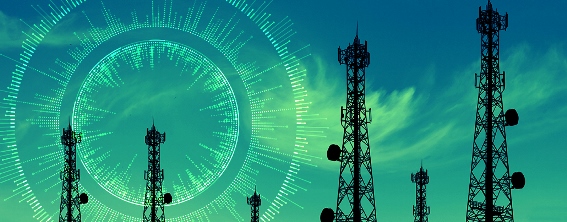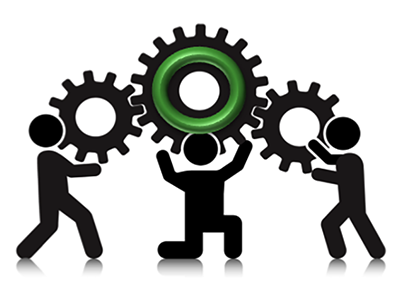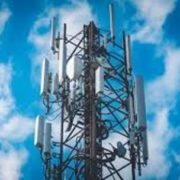The Nigerian government has announced that any increase in telecommunications tariffs will not exceed 60%, aiming to balance affordability for consumers with the sustainability of the telecom sector.
RELATED: Nigerian government set to approve telecom tariff hike amid rising operational costs
Government Intervention in Tariff Review
Minister of Communications, Innovation, and Digital Economy, Dr. Bosun Tijani, made the announcement during an interview on Channels Television’s Politics Today. He emphasized that while telecom operators had requested a 100% tariff hike, citing rising operational costs, inflation, and currency devaluation, the government found such a steep increase unacceptable.
“Recommendations from independent consultants, including KPMG, have been received, and the government is considering a 30% to 60% hike as reasonable,” Dr. Tijani stated.
The last tariff review for telecommunications services in Nigeria occurred over 11 years ago, despite significant economic changes in the interim.
Balancing Consumer Interests and Industry Sustainability
Explaining the rationale behind the proposed increase, Dr. Tijani said:
“The telecommunications sector contributes over 16% to Nigeria’s GDP, employs thousands, and is a cornerstone of our digital economy. However, we must ensure services remain accessible to Nigerians while maintaining the sector’s financial health.”
The Nigerian Communications Commission (NCC) is leading the review process, relying on data-driven analysis to make recommendations. The government remains committed to prioritizing consumer interests while supporting the sector’s growth.
Challenges Facing Telecom Operators
Telecom operators in Nigeria have long advocated for a tariff hike, citing mounting financial pressures, including:
- Escalating Operational Costs:
- Skyrocketing diesel prices for powering thousands of base stations.
- Increased importation costs for essential telecom equipment.
- Depreciation of the naira and volatile exchange rates.
- Stagnant Tariffs:
- Telecom tariffs have remained unchanged for over a decade, despite inflation and escalating operational costs.
- Economic Impact:
- Operators warn that without tariff adjustments, critical sectors—such as commerce, healthcare, education, and security—could face disruptions due to unsustainable telecom infrastructure.
Implications of the Tariff Hike
Gbenga Adebayo, Chairman of the Association of Licensed Telecommunications Operators of Nigeria (ALTON), recently warned that without regulatory action, operators might begin “service shedding” by January 2025, potentially affecting network coverage and reliability.
Dr. Tijani assured Nigerians that the government is working closely with stakeholders to ensure a smooth transition. “This tariff adjustment is not merely about raising costs; it’s about guaranteeing meaningful connectivity for Nigerians and ensuring the sector’s longevity,” he said.
Sector Contributions and the Way Forward
The telecommunications sector is one of the largest contributors to Nigeria’s economy, accounting for over 16% of GDP. With the proposed tariff adjustment, the government aims to:
- Strengthen the financial viability of telecom operators.
- Safeguard the affordability of telecom services for Nigerians.
- Maintain the growth and stability of the nation’s digital economy.
The NCC is expected to finalize its review process in the coming weeks, with new tariff rates anticipated to take effect in early 2025.






























